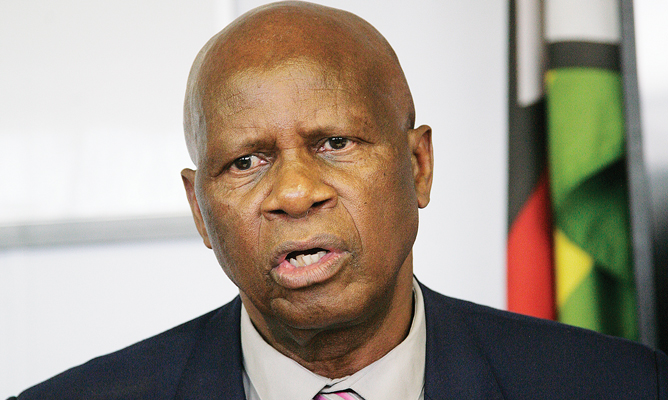
A LEADING economist says most of the income being spent locally is mainly from foreign remittances by locals living outside the country. BY TATIRA ZWINOIRA
In the 2016 National Budget, foreign remittances are expected to reach $960 million. Authorities estimate that most remittances come through unofficial channels.

Speaking to NewsDay yesterday, leading economist, Tony Hawkins said most of the income from foreign remittances is going to housing, food and daily upkeep of families.
“The income that is being spent is mainly Diaspora remittances to build homes and to take care of other expenses, including paying school fees of family members living inside the country. Since most people are out of jobs, they have to depend on family members living outside the country who have jobs and more disposable income,” he said.
“Foreign remittances can contribute to the housing market within the economy and generate activity in the economy in the short term. Of the consumption spending, 56% of that is by the private sector and 44% is by government.”
The reliance on remittances comes against the backdrop of waning disposable income due to unemployment and company closures.
Official Diaspora remittances have been growing yearly, from $300 million in 2009 to more than $800 million in 2014.
“What is behind government’s consumption spending is mainly wages and salaries, while the private sector is being driven by inflation since the Zimbabwe dollar was devaluated,” Hawkins said.
- Chamisa under fire over US$120K donation
- Mavhunga puts DeMbare into Chibuku quarterfinals
- Pension funds bet on Cabora Bassa oilfields
- Councils defy govt fire tender directive
Keep Reading
Estimates by the United Nations Development Programme put the number of Zimbabweans living outside the country between three to four million in 2010. That number has since grown significantly recently as estimates of Zimbabweans in South Africa alone are up to three million.
In his 2016 National Budget, Finance minister Patrick Chinamasa said a number of policies to mobilise Diaspora remittances as an important source of liquidity in the economy have been instituted.
He said in order to take advantage of this potential financing source, the government will finalise the National Diaspora Policy, which seeks to provide a comprehensive framework for harnessing diaspora remittances.
This follows a review of the regulatory framework for money transfer agents, including permission to remit funds outside the country.
The number of money transfer agencies has since grown in response to the increased inflows with the Reserve Bank of Zimbabwe awarding licences to over 27 transfer money agencies with effect from June.











